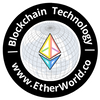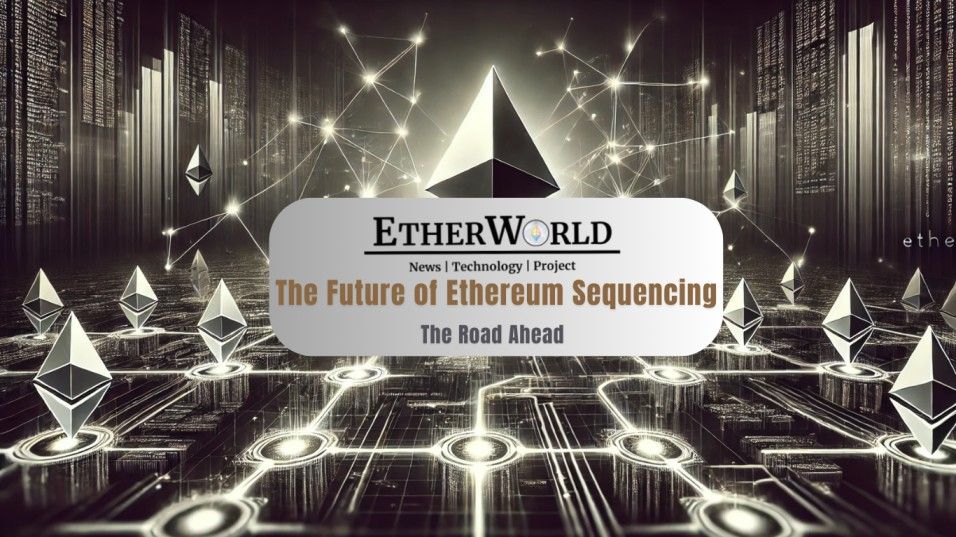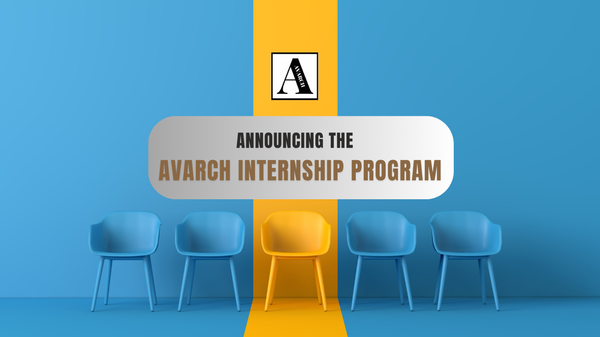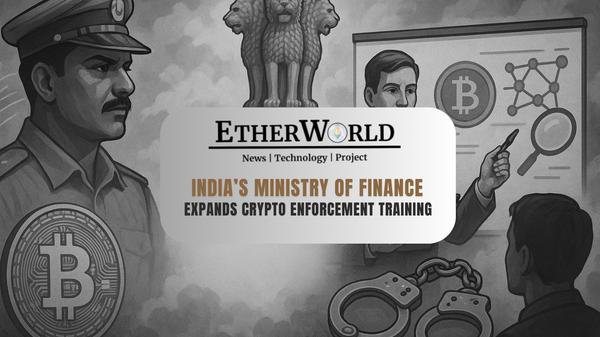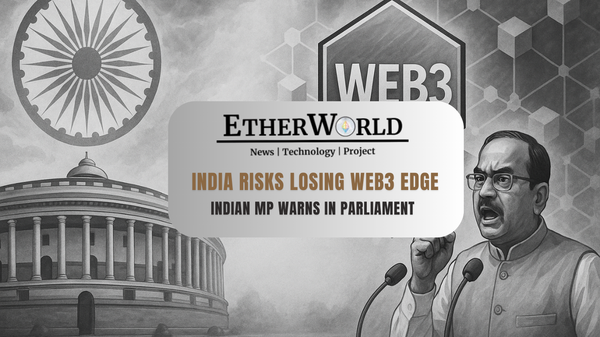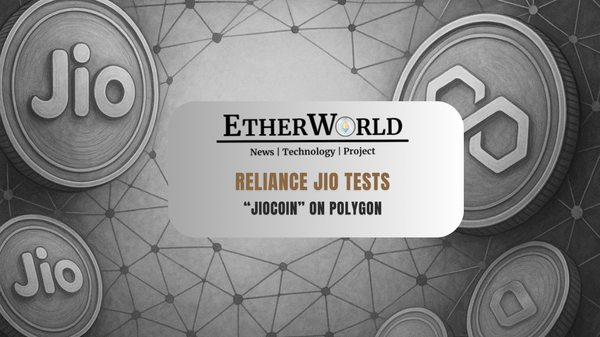The recent Sequencing Call conducted by Ethereum community marked a major milestone—bringing together over 120 participants, including 10+ rollup founders, core Ethereum researchers, and infrastructure builders. This call served as a deep dive into the future of Ethereum scaling, focusing on Base Sequencing, Native Rollups, and Infrastructure Coordination.
The session was focused into three key segments:
- Rollup Founders on Native Execution & Base Sequencing
- Infrastructure Builders & The Fabric Initiative
- Vitalik’s Vision for Public Goods Funding with Base Rollups
Justin Drake (Ethereum Foundation) kicked off the call by emphasizing the importance of Base Sequencing and Native Rollups as Ethereum scales. He mentioned that Ethereum's Layer 2 (L2) solutions can take advantage of Ethereum's modular design, utilizing different services to enhance scalability and efficiency.
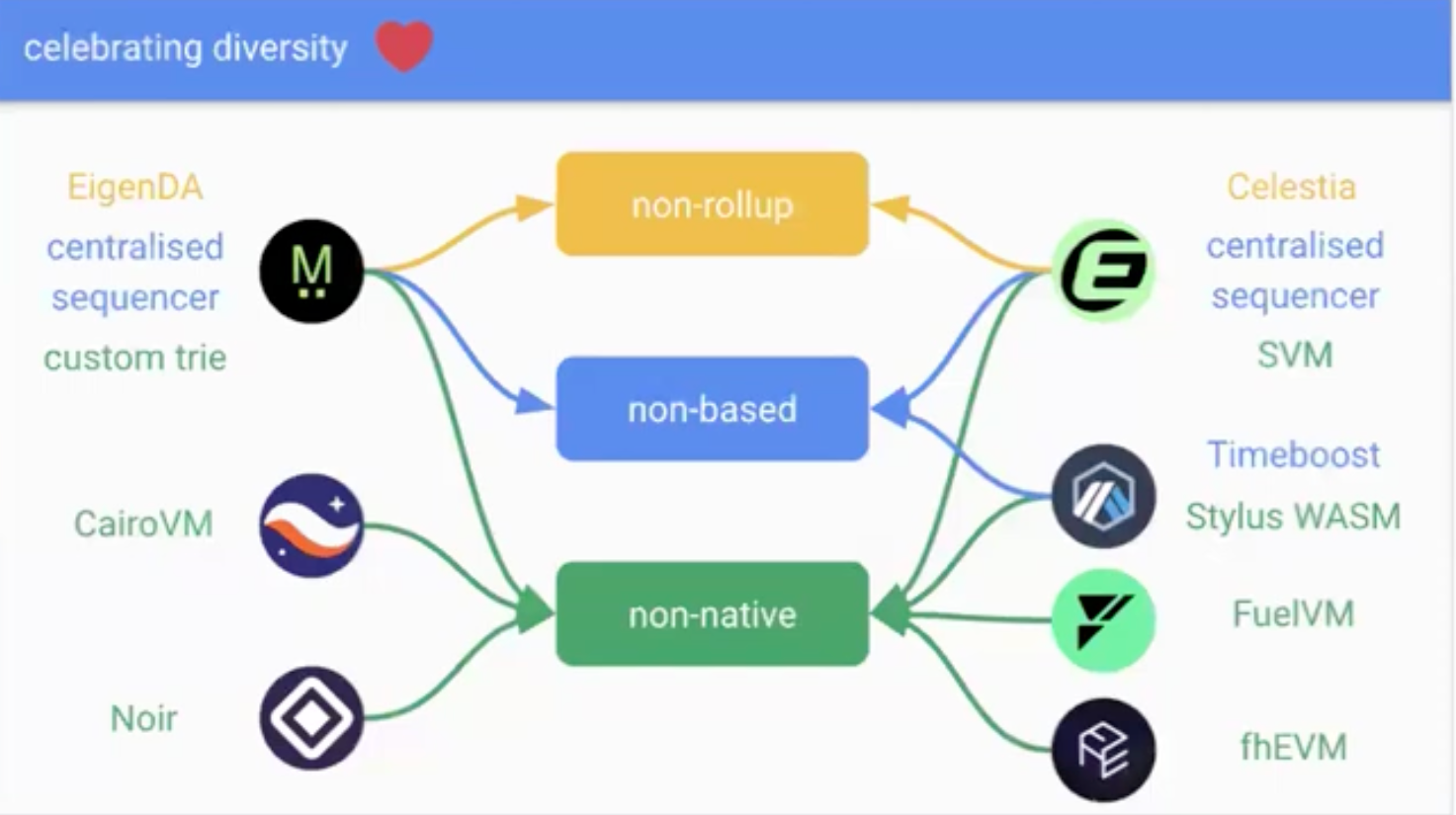
Rollup Founders on Native Execution & Base Sequencing
? Ben Jones (Optimism) – The War for Ethereum Scaling
Ben delivered a high-energy talk emphasizing:
✅ L2s are Ethereum’s scaling path
✅ DA scaling is a priority – we need more blobs
✅ Base Sequencing must be profitable & decentralized
✅ Feature parity with centralized sequencers is crucial
He pledged Optimism’s full support for Base Rollups & Fabric.
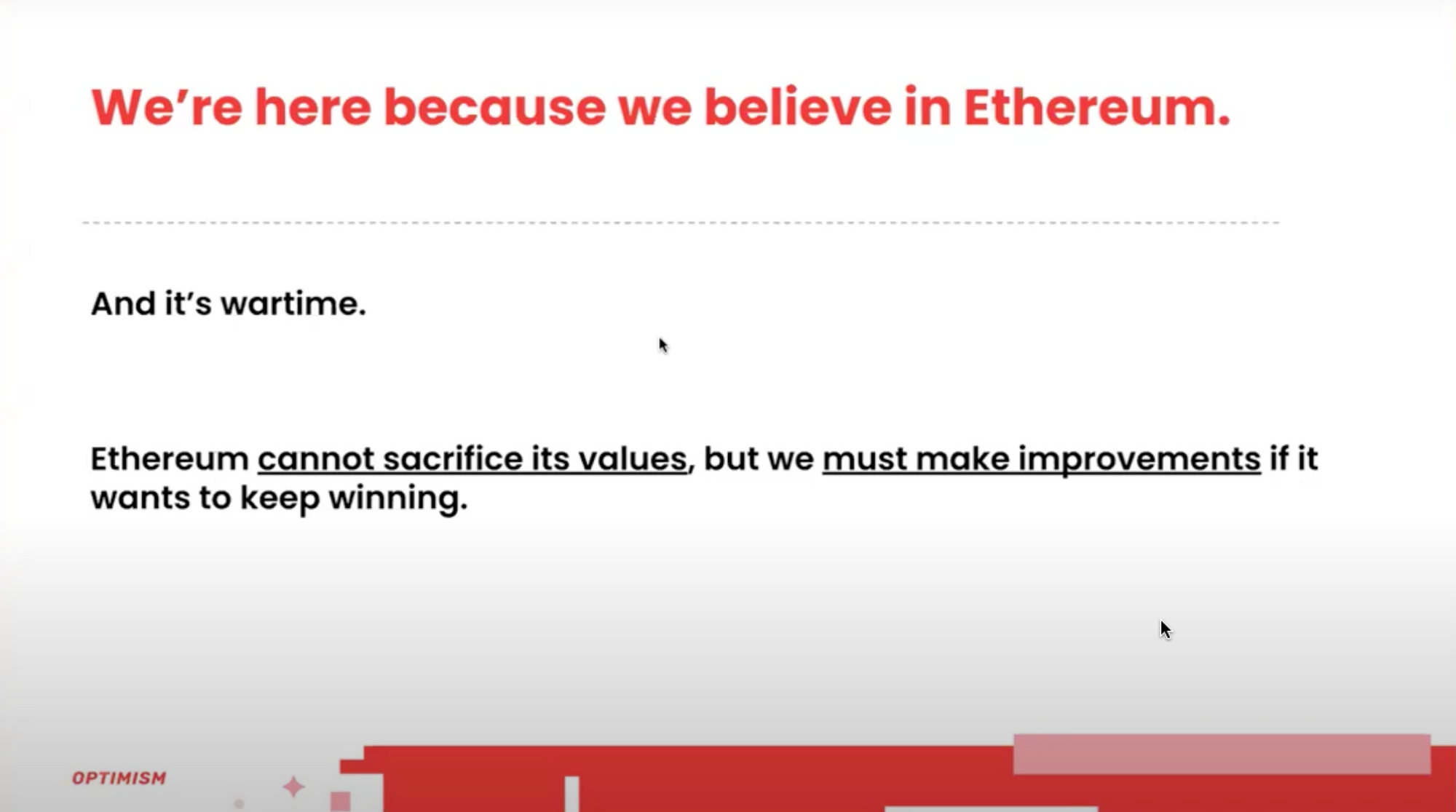
? Nick Johnson (ENS/Name Chain) – A Fully Decentralized L2 for ENS
Nick announced Name Chain would either:
- Launch with Base Sequencing (if costs are optimized).
- Transition to Base Sequencing post-launch.
- Adopt Native Rollups once Ethereum hard forks support it.
He emphasized censorship resistance as ENS’s top priority.
? Jesse Pollak (Base) – Urgent Need for More Blobs
Jesse underscored three key issues:
? Urgency in scaling blobs – demand is growing 10-20x this year
? Feature parity for Base Rollups – no UX degradation
? Prioritizing real-world adoption – “Users > Tech”
Base is actively exploring Base & Native Rollups but needs economic incentives to work.
? Yaoqi Jia (Scroll) – A Practical Approach to Base Sequencing
Yaoqi focused on standardization challenges:
- L2 fragmentation hurts interoperability
- Base Rollups must integrate easily with existing rollups
- Scroll is researching shared infrastructure (e.g., blob sharing)
Scroll remains open to Base Sequencing but needs practical cost reductions.
? Fed (Lambda Class) – Rogue: A Fully Neutral, Base Rollup
Fed announced Rogue, a fully decentralized L2:
✅ No VC allocation → Inspired by Ethereum & Bitcoin
✅ Mining-based token issuance → Security-first approach
✅ Base Sequencing & Native Execution → No centralized governance
Additionally, Lambda is working on nation-state rollups using Base Sequencing.
Infrastructure Builders & The Fabric Initiative
? Drew (Fabric) – Standardizing Base Rollups
Fabric was introduced as a public good to:
- Standardize APIs & sequencing infra
- Develop minimal viable implementations
- Improve interop across Base Rollups
Key existing initiatives:
✅ Universal Registry Contract
✅ PBS Pipeline for Pre-Confirmations
✅ Commit Boost (Validator-issued Pre-Confirmations)
Fabric is backed by 20+ teams.
? Daniel Wang (Taiko) – Lessons from Mainnet Base Rollup
Taiko has been live since May and is:
- Partnering with Nethermind & OpenZeppelin to refine Base Sequencing.
- Exploring pre-confirmations for lower latency.
- Seeking neutral Base Rollup governance mechanisms.
? Kubi (Gataca) – High-Performance Pre-Confirmations
As a Titan Builder, Gataca has been leading Base Rollup research.
- Pre-confirmations unlock <10ms latencies
- MEV integration is critical
- Base Sequencing is forward-compatible with decentralized sequencing
? Amir (Puffer) – A Base Rollup SDK & AVS for Pre-Confirmations
Puffer is building Puffer Unifi, a Base Rollup SDK.
- Forked from Taiko Stack
- Uses TEE-based Real-Time Proving
- Standardization with Fabric ensures interoperability
Puffer also announced an AVS (Actively Validated Service) for Base Sequencing.
? Demi (OpenZeppelin) – Supporting Base Rollup Standardization
OpenZeppelin announced:
- A new open-source Base Rollup SDK (in partnership with Taiko)
- Security reviews & standardization contributions
- Support for Fabric’s efforts
? Vitalik’s Proposal for L2 Contributions to Public Goods
Vitalik emphasized:
- L2s should commit a % of fees to ecosystem funding
- Existing models (e.g., Protocol Guild) are great, but we need more diversity
- AI-powered funding could be a neutral solution
He called on L2s to commit funding via Base & Native Rollups.
Key Takeaways & Next Steps
Ethereum's future depends on Base Rollups and Native Execution, which help make the network more decentralized, faster, and more secure by removing the need for L2 multisigs. However, for these improvements to work at scale, standardization is key. Base Rollups must also match the user experience of centralized sequencers while ensuring that L2s contribute to public goods funding for the ecosystem. To take this forward:
- Fabric will work on finalizing standards to help Base Rollups work smoothly together.
- Spire will open-source the Base Stack on February 28, making it easier for new L2s to launch.
- Optimism, Base, and Taiko will continue testing Base Sequencing to improve its efficiency and lower costs.
- Scroll and Lambda will research shared blobs and settlement to reduce fees and increase scalability.
- More L2s will look into ways to fund public goods, helping Ethereum grow in a sustainable way.
With different teams working together, Ethereum is moving toward a faster, more secure, and more decentralized future—one that benefits both developers and users worldwide.
? Want to contribute?
? Contact Justin Drake or Drew (Fabric) to get involved!
Resources:
- A rollup-centric ethereum roadmap
- Based rollups-superpowers from L1 sequencing
- Native rollups-superpowers from L1 execution
- Scaling Ethereum L1 and L2s in 2025 and beyond
Disclaimer: The information contained in this website is for general informational purposes only. The content provided on this website, including articles, blog posts, opinions, and analysis related to blockchain technology and cryptocurrencies, is not intended as financial or investment advice. The website and its content should not be relied upon for making financial decisions. Read full disclaimer and privacy Policy.
For Press Releases, project updates and guest posts publishing with us, email to contact@etherworld.co.
Subscribe to EtherWorld YouTube channel for ELI5 content.
Share if you like the content. Donate at avarch.eth or Gitcoin
You've something to share with the blockchain community, join us on Discord!

